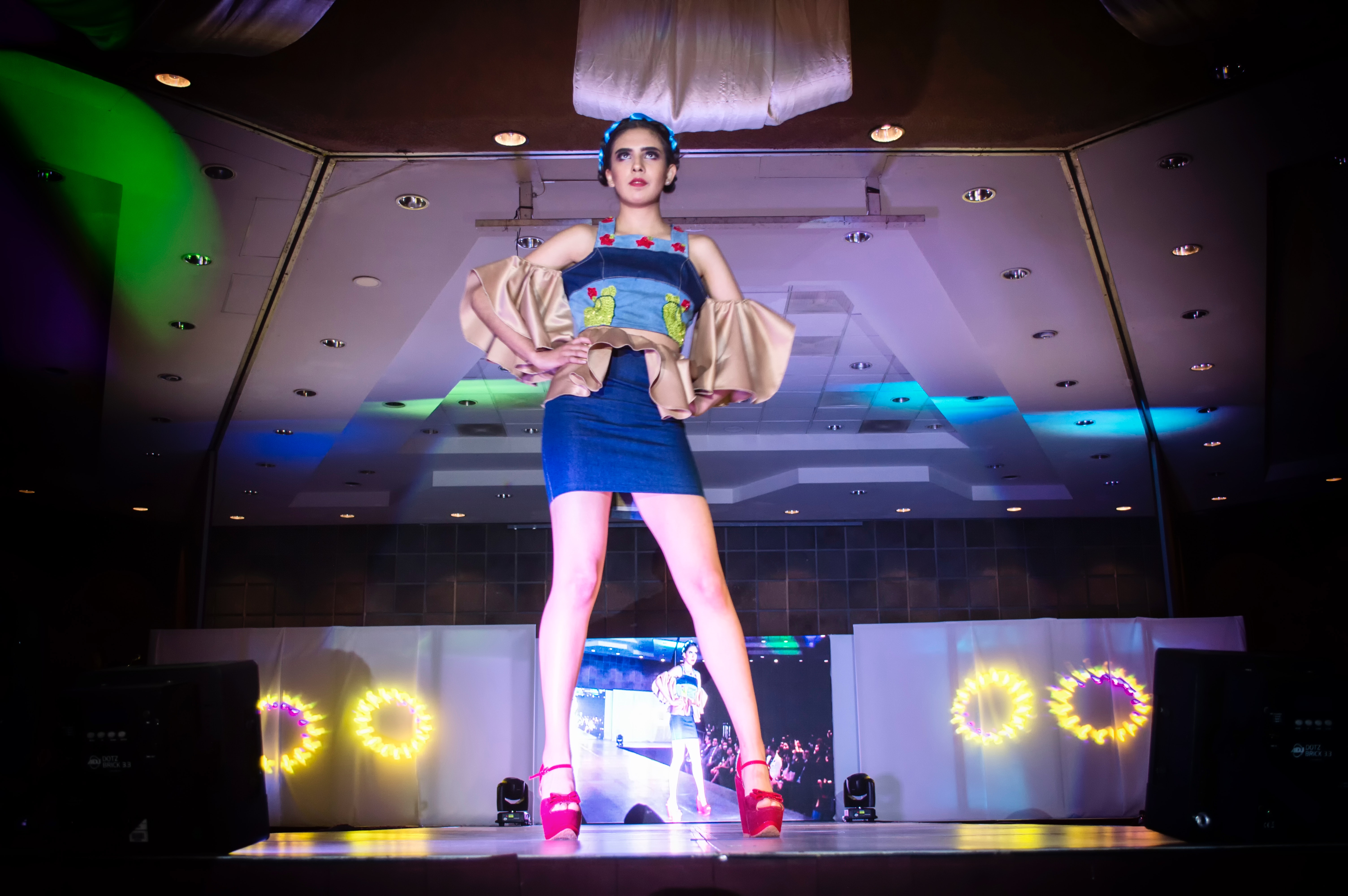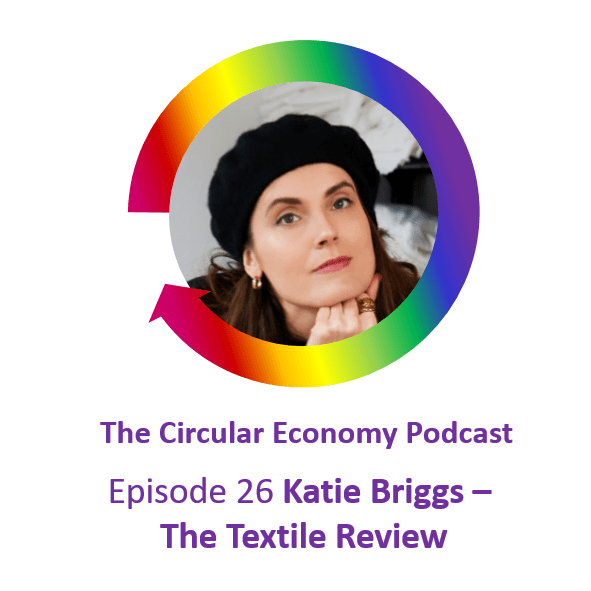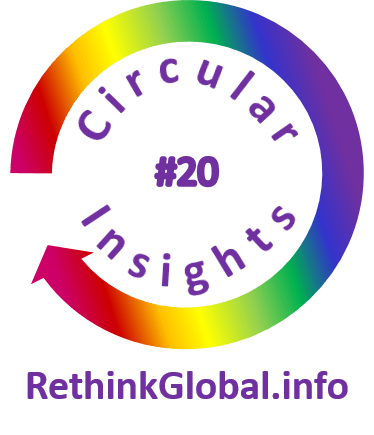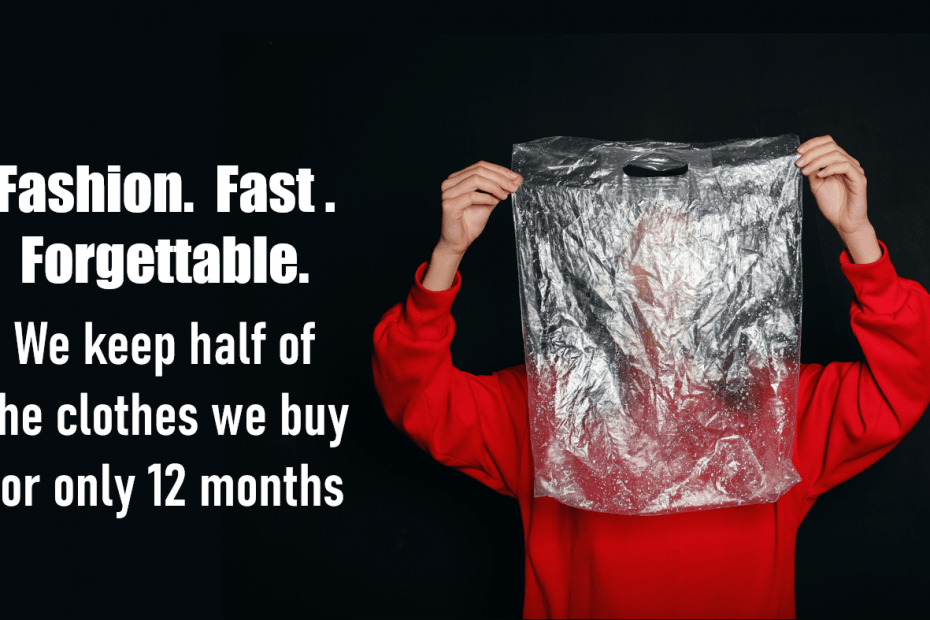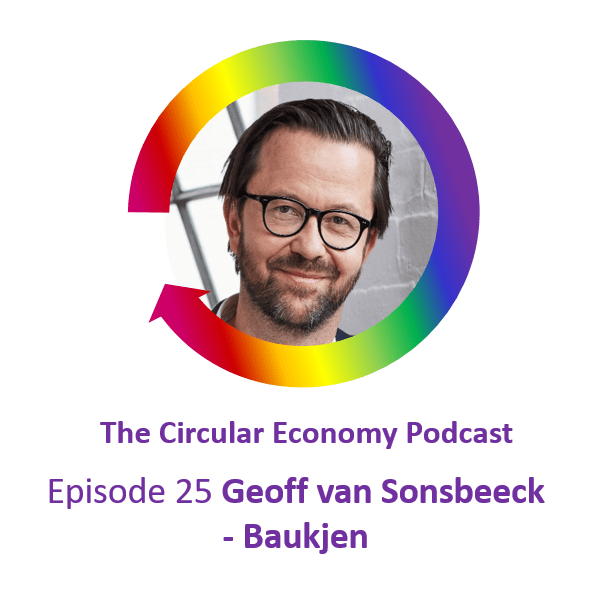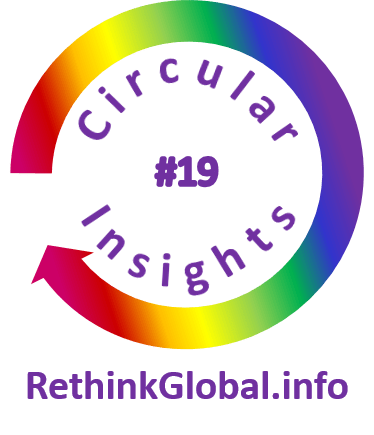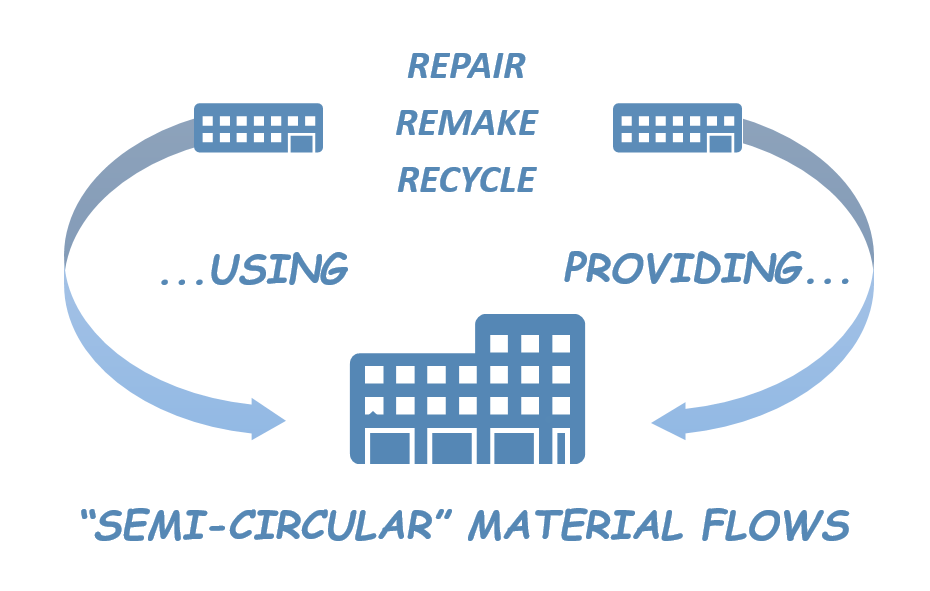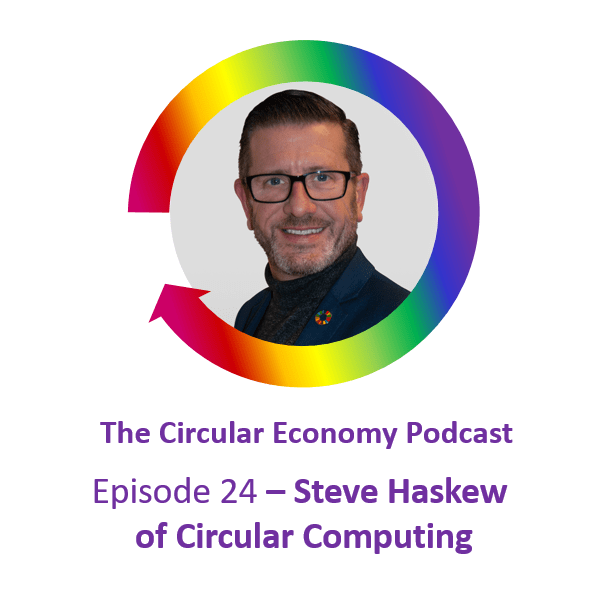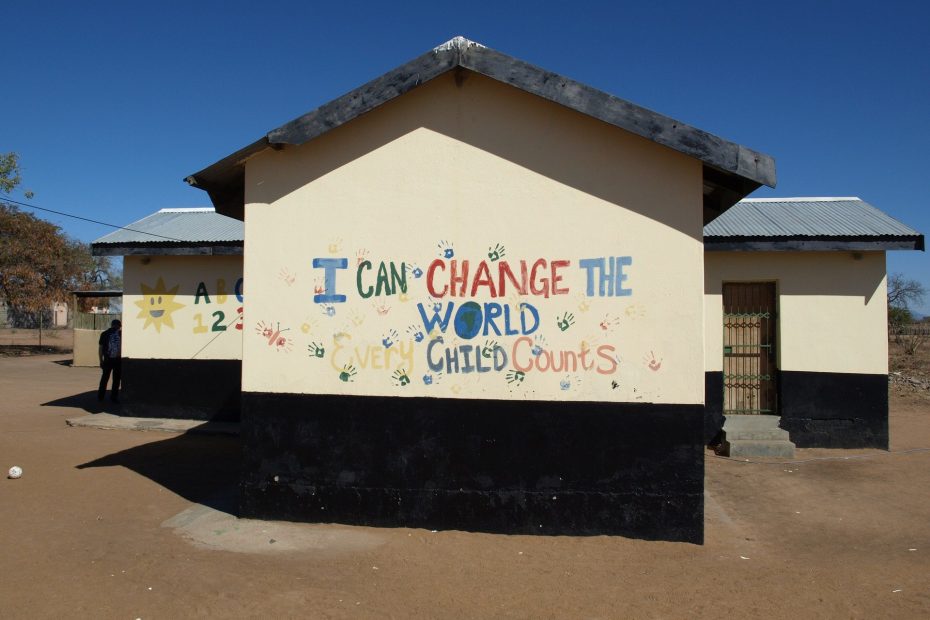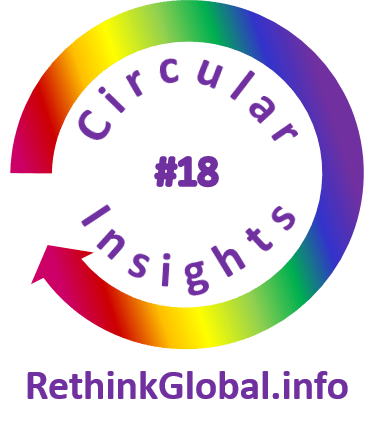Your trash is someone else’s treasure: matchmaking for end-of-use textiles
The Textile Review, founded by Katie Briggs, is making fabric use more circular and sustainable, with services to repurpose and reuse textiles. It connects businesses, designers and students, matching ‘I have’ with ‘I need’ and creating value for both providers and users. The Textile Review aims to ‘help end the issue of single use textiles across event and design industries’, by slowing the flow of resources. We examine the different ways it creates value for both providers and users.
